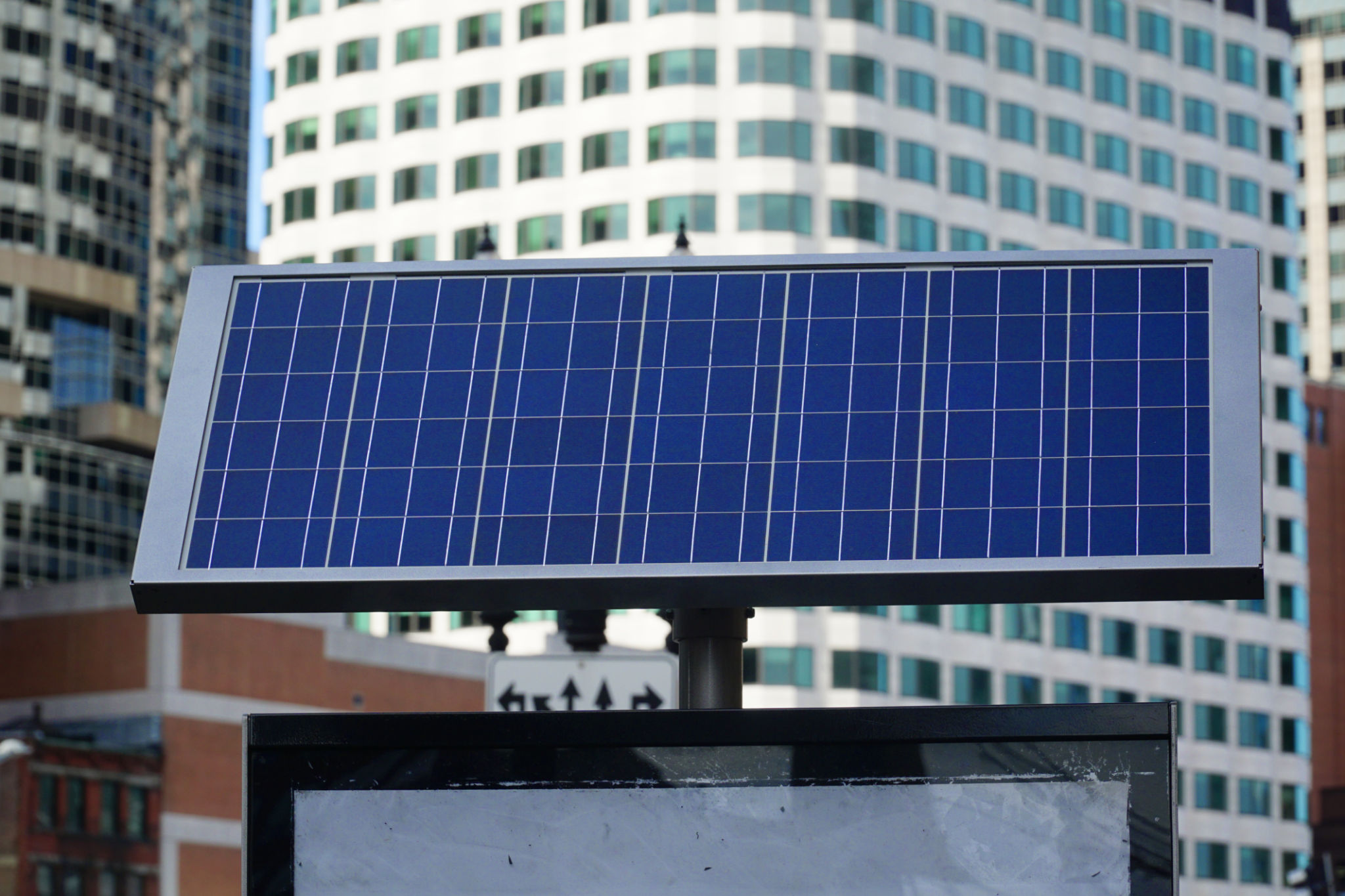Maximizing ROI with Commercial Solar Systems in MA: A Comprehensive Guide
Investing in commercial solar systems can be a game-changer for businesses looking to reduce energy costs and increase sustainability. In Massachusetts, where energy rates are among the highest in the nation, solar energy offers a viable solution to cut expenses and boost profitability. This guide will explore how businesses can maximize their return on investment (ROI) with commercial solar systems.

Understanding the Benefits of Solar Energy
Switching to solar energy offers a multitude of benefits beyond just financial savings. Businesses can enjoy increased energy independence, reduced carbon footprint, and enhanced brand reputation by showcasing their commitment to sustainability. Moreover, Massachusetts offers various incentives to make solar energy adoption more attractive.
Financial Incentives in Massachusetts
Massachusetts provides numerous financial incentives to encourage businesses to switch to solar power. These include the Solar Massachusetts Renewable Target (SMART) program, which offers fixed payments for every kilowatt-hour produced, and the Investment Tax Credit (ITC), which allows businesses to deduct a significant percentage of their solar investment from federal taxes. Leveraging these incentives can significantly improve your ROI.

Key Considerations for ROI Maximization
To fully capitalize on the potential of commercial solar systems, businesses need to consider several key factors. The size and location of the installation, the choice of solar technology, and the timing of the investment play crucial roles in determining overall profitability. A well-planned strategy can ensure optimal energy production and cost savings.
Choosing the Right Solar Partner
Selecting the right solar provider is essential for maximizing ROI. Companies should look for experienced providers with a strong track record in designing and installing commercial solar systems. A reliable partner will offer comprehensive services, from initial assessment to installation and maintenance, ensuring that your system performs efficiently over its lifespan.

Long-Term Maintenance and Monitoring
Once installed, maintaining the efficiency of your solar system is crucial for sustained returns. Regular maintenance checks and performance monitoring can help identify potential issues early and prevent costly repairs. Investing in advanced monitoring systems can provide real-time insights into energy production and system health, ensuring maximum efficiency.
Future-Proofing Your Investment
As technology evolves, keeping your solar system updated can further enhance its performance. Consider investing in scalable systems that allow for easy upgrades or expansions as your energy needs grow. Staying informed about technological advancements in solar energy can help you future-proof your investment and continue to maximize returns.

In conclusion, commercial solar systems offer a compelling opportunity for businesses in Massachusetts to reduce energy costs and achieve a positive ROI. By understanding the available incentives, selecting the right partners, and maintaining the system efficiently, companies can unlock significant financial and environmental benefits. Embracing solar energy not only supports sustainable business practices but also strengthens your bottom line.